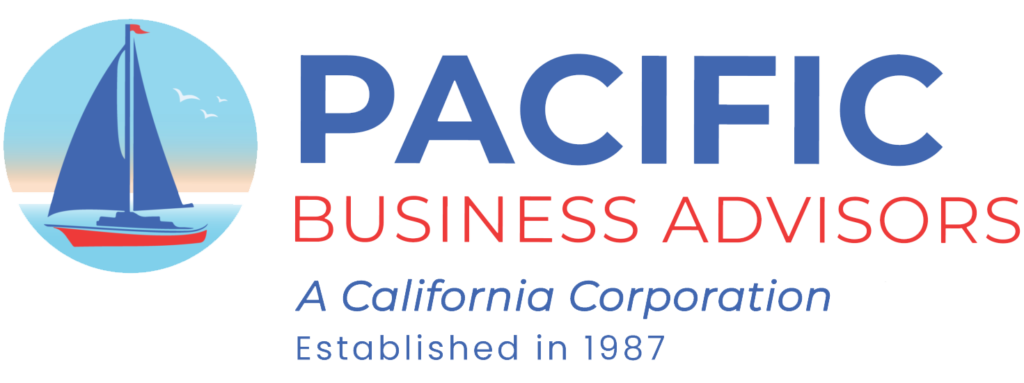

Leveraged Buyout (LBO) - Small Companies
Leveraged buyouts (LBO) most often apply to large companies acquiring other large companies where both companies almost always have audited financial statements. In these transactions, the buyout is accomplished almost entirely with borrowed funds using the income and assets of the acquired business as collateral for the loan, along with assets of the acquiring company. Thus, audited financial statements are generally required to satisfy the requirement of the bank making the loan and/or the investment banker underwriting the bonds used as part of the acquisition. In most leveraged buyouts the ratio of debt to equity is about 90% debt to 10% equity. Leveraged buyouts are all about the use of leverage.
While leveraged buyouts generally do not apply to smaller acquisitions, many buyers use the same technique of using maximum leverage to acquire other companies. For example, they may:
- Borrow funds from their own bank to be used for an acquisition, and then, after the sale closes, sell or refinance assets of the acquired company to repay the loan.
- After the closing, utilize factoring of the acquired company's accounts receivable as a means of repaying all or part of the acquisition loan,
- After the closing, discount invoices of the acquired company (accounts receivable) as a means of repaying all or part of the acquisition loan; and/or
- Trading stock of the acquiring company for stock of the acquired company.
PacificBusinessAdvisors.net
Office: 818-991-5200
Direct: 818-991-9019